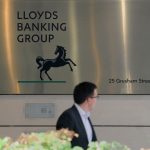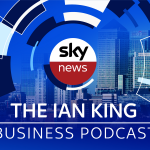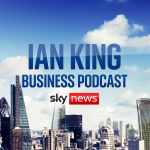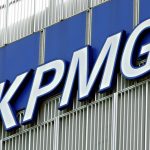Britain spent a record £8.7bn in interest payments on central government debt last month, official figures show.
The figure was £6bn higher than at the same time last year largely because nearly half a trillion pounds worth of government bonds are linked to inflation, which has been rising.
Borrowing overall – the shortfall between government spending and the revenues such as tax – was £22.8bn last month, according to the Office for National Statistics (ONS).
That was £5.5bn lower than in the same month last year but still the second highest level for June on record – and slightly higher than expected – with the impact of the pandemic continuing to squeeze public finances.
Debt climbed to £2.2trn, or 99.7% of GDP – the highest ratio since 1961, the ONS said.
Interest payments on that debt were the highest since records began in 1997.
Chancellor Rishi Sunak said: “I’m proud of the unprecedented package of support we put in place to protect jobs and help thousands of businesses survive the pandemic, and that we are continuing to support those who need it.
“However, it’s also right that we ensure debt remains under control in the medium term, and that’s why I made some tough choices at the last Budget to put the public finances on a sustainable path.”
The ONS figures showed that the higher interest payment for last month meant overall central government spending was £2.5bn higher than the same time last year.
That was despite the fact that the government spent £5.9bn less on the furlough scheme this time compared to 2020.






















